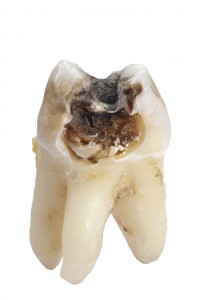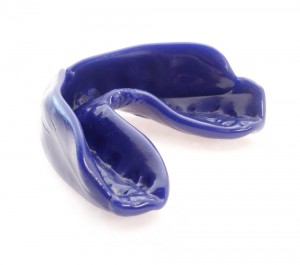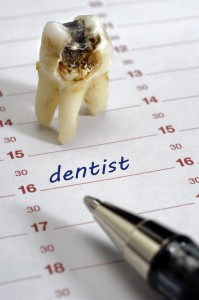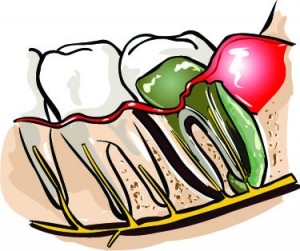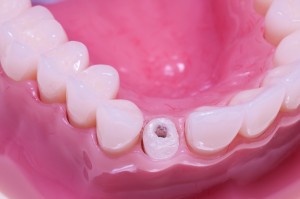
A root canal is a dental procedure that is used on an infected tooth. In this treatment, nerve tissue and blood vessels are removed from the physical hollows within the tooth. Although the root canal essentially makes the tooth “dead,” a tooth may not heal properly, requiring additional treatment.
In these cases, your root canal may need a retreatment. If you are experiencing a great deal of pain with your tooth, you will need to find an emergency dentist to provide treatment. Retreatment is necessary on some root canals for a variety of reason. Your tooth may not have healed after the initial treatment as expected because of a curved root canal under your tooth. Following a root canal, dentists place a crown on your tooth to protect it from decay. In some cases, the crown may not have been put on right away and the root canals were reinfected. Your dentist that did your initial root canal treatment may also not have used enough filling in the tooth, allowing recontamination. Continue reading →
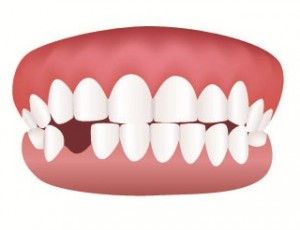
Having a tooth knocked out can be a painful and traumatic experience that may leave some feeling incomplete. However, it should be noted that saving a tooth is possible if the proper steps are taken.
Find the tooth or teeth that have been knocked out and put them into a cup of milk for transfer to the dentist. The tooth should be rinsed with water but not scrubbed. Make sure that the cup or container is airtight and is clean of any residue. The calcium in the milk will fortify the tooth and also give additional time for it to be saved. If the tooth dries out or is not put into milk, the chances of the tooth dying is higher and survival is minimized. The drying of the tooth should be avoided at all costs in order to save it. Continue reading →
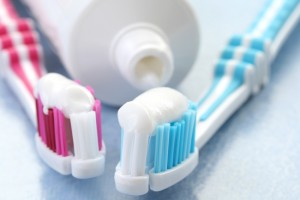
Tooth decay or cavities affect nearly as many people as the common cold. It is a frequent and preventable reason for tooth loss in young adults and children. Tooth decay is also a typical reason for dental pain and visits to an emergency dentist. The best way to avoid a dental emergency is to practice good dental hygiene and eliminate the primary causes for tooth decay.
Saliva, acid and bacteria help you digest your food. These substances coalesce with the bits of food in your mouth and form plaque within about 20 minutes of your meal or snack. Continue reading →


